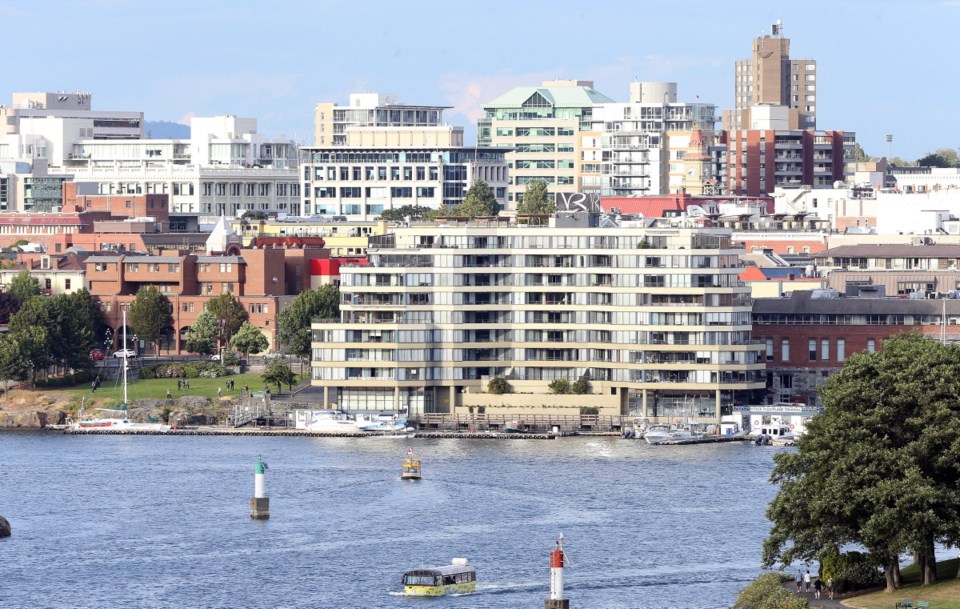This might be beautiful British Columbia. It might even be supernatural if you buy the tourism marketing.
But it is distinctly average when it comes to its standard of living, says a new publication from the Business Council of B.C.
The 2019 B.C. Prosperity Index looked into 12 elements under the banners of business environment, economic well-being and societal well-being, and found B.C. ranked 11th compared with 21 jurisdictions, including the other provinces, three U.S. states and eight countries.
B.C. was weighed in the balance and found wanting, which came as no surprise to Ken Peacock, the Business Council’s chief economist.
“We anticipated we wouldn’t be top of the pack,” Peacock said. He noted the council hopes by measuring key indicators and gaining some insight on what makes other jurisdictions successful there will be enough information to create long-term solutions for what is holding the province back.
“Overall, the results were fairly consistent [to what we were thinking], but we may have been a little surprised how weakly we did perform in the business environment [category] because our economy has been relatively strong in B.C. the last five or six years,” he said.
B.C. ranked 15th in business environment, 10th in economic well-being and seventh in societal well-being.
Peacock said the index highlights where B.C. does well and where it lags. For example, B.C. ranks fourth of 21 in terms of education of its population, while it is 18th in terms of housing affordability and 14th when it comes to labour productivity.
Peacock said one of the hopes is the province will be able to look at other jurisdictions and identify best practices and policies that could be implemented here. “Something like this can be part of a broader package of tools that can help motivate some changes,” said Peacock, though he was quick to note those kinds of changes, especially when it comes to tax policy, tend to be a long time coming.
The top performers in the index were the three U.S. states chosen for the exercise — California, Washington and Oregon, which finished first, second and third, respectively.
Alberta was the top-performing province at No. 8. The top-performing country was Japan, at No. 4. Canada placed 15th overall.
Peacock said given B.C.’s overall rating of 11th and the fact it placed 15th when it comes to business environment, the priorities should be improving productivity and finding new ways to stimulate infrastructure investment and growing companies.
He noted when compared to the U.S., productivity in B.C. and Canada has always lagged behind for a variety of reasons including the sheer size of the U.S. competition, which often leads to specialized divisions of labour and an increased pace of innovation.
B.C.’s ratings in the societal well-being category [life expectancy, poverty, income inequality and environment] were some of its best and, according to Peacock, show the balance B.C. and Canada try to strike between economic output and livability.
He also noted that balance doesn’t seem as pronounced in the U.S., as the three top-ranked states finished dead last in the societal well-being category.
Peacock said while it’s important to maintain B.C.’s relatively high ranking in the societal well-being category, it’s just as important to improve economic well-being and the business environment. He said if it becomes more difficult to attract investment and grow companies here, it can over the long-term put our societal well-being in jeopardy.



